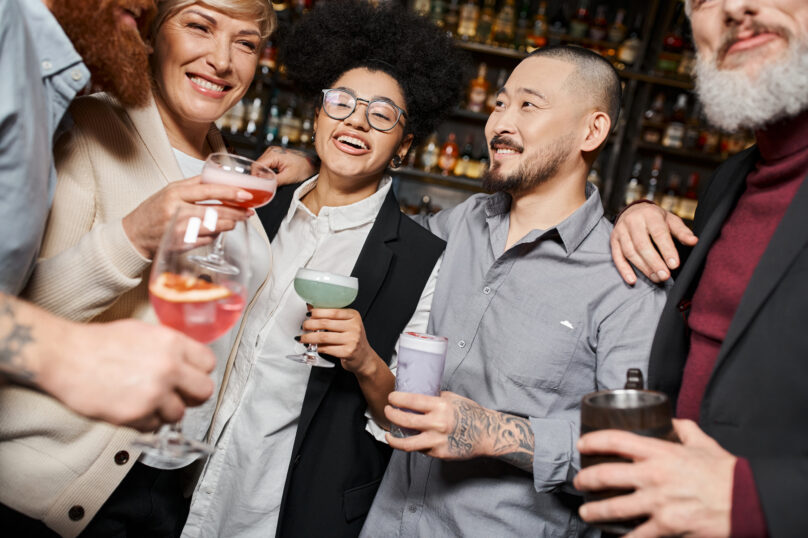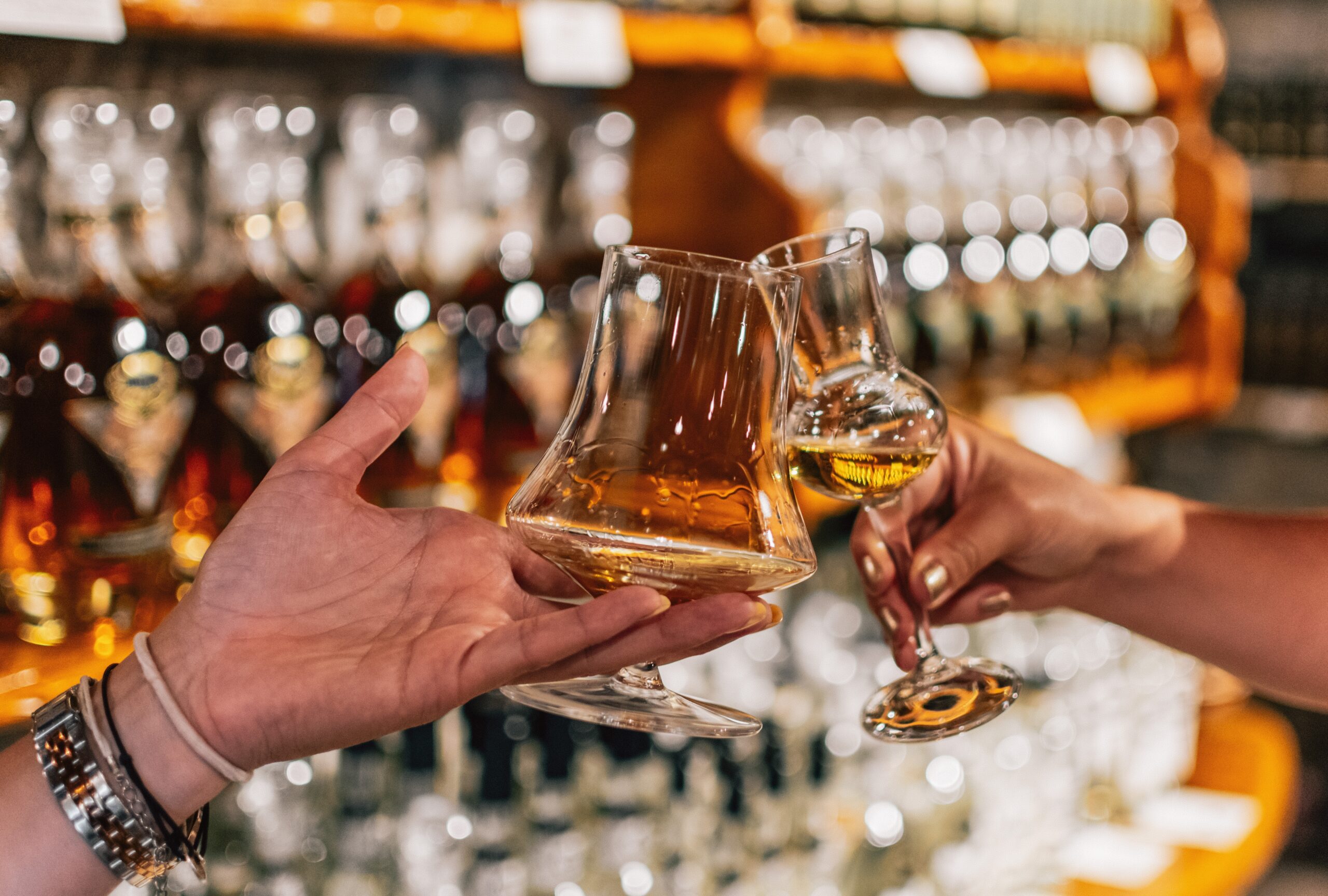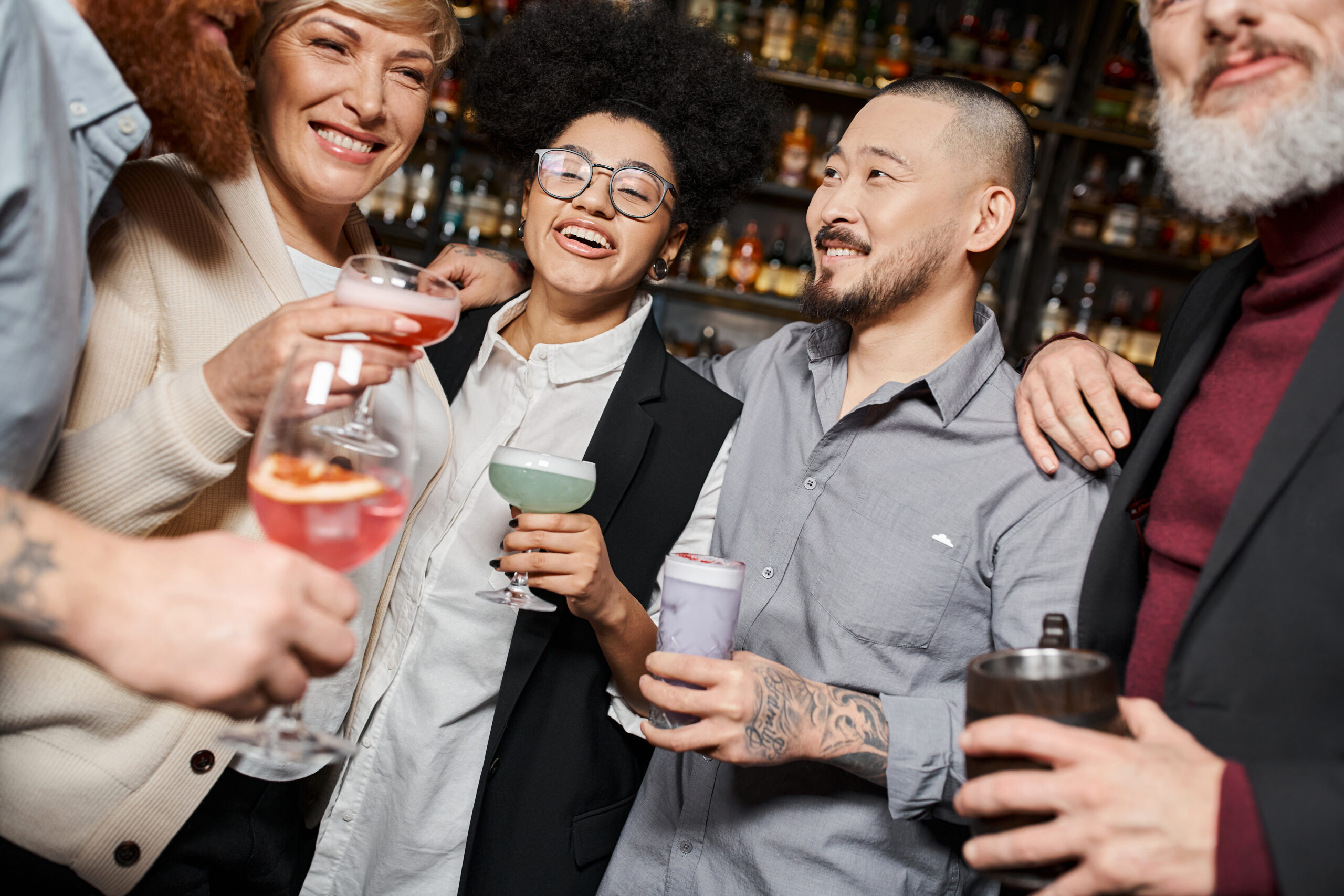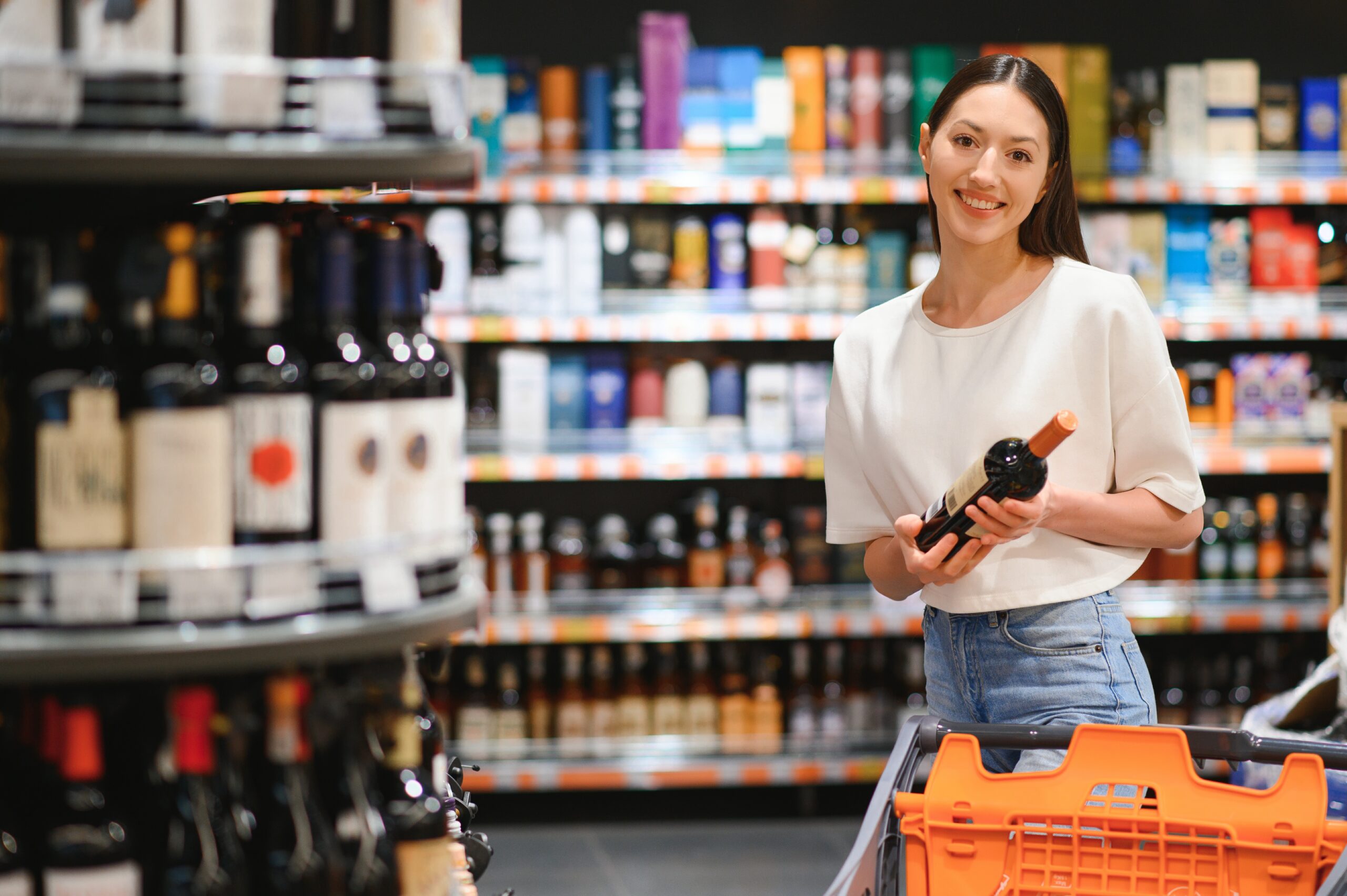How to Sell Your Alcohol Brand in Japan’s HORECA & Bar Industry

Japan is one of the world’s most dynamic markets for premium alcohol. From high-end bars in Tokyo’s Ginza district to trendy izakayas across Osaka, the HORECA sector (Hotels, Restaurants, and Cafés) plays a central role in shaping consumer preferences and driving alcohol sales. For international alcohol brands, Japan represents both a lucrative opportunity and a competitive challenge.
If you’re looking to sell your alcohol brand in Japan’s HORECA and bar industry, this guide will walk you through the essential steps—covering legal compliance, distribution, cultural preferences, and effective marketing strategies.
1. Understand Japan’s Alcohol Market Landscape
Japan has a strong drinking culture deeply rooted in tradition and innovation. Sake remains a cultural staple, but beer, whisky, wine, gin, tequila, and craft spirits have gained massive popularity in recent years.
-
Premiumization: Japanese consumers value quality over quantity, preferring premium drinks over mass-market products.
-
Imported Alcohol Growth: Wine, whisky, and craft spirits imports are increasing year after year.
-
Bar Innovation: Japanese bartenders are globally recognized for their craftsmanship, making bars a key entry point for foreign brands.
👉 Takeaway: Position your brand as premium, authentic, and tailored to Japanese tastes.
2. Legal Requirements for Selling Alcohol in Japan
Before selling your alcohol brand, you must comply with Japan’s strict regulations:
-
Import License: Only registered importers with an alcohol retail license can bring alcohol into Japan.
-
Labeling Standards: Japanese law requires labels in Japanese, showing alcohol percentage, volume, importer name, and allergen information.
-
Taxation: Liquor tax rates vary by product type (beer, wine, spirits).
-
FSSC Certification (for some cases): Some HORECA chains may require food safety certifications for suppliers.
👉 If you are not based in Japan, partner with a local licensed importer or distributor who already has the necessary permits.
3. Finding the Right Distribution Partner
Distribution is the backbone of selling alcohol in Japan. The three-tier system typically involves:
-
Importer/Wholesaler: Handles customs clearance, storage, and compliance.
-
Distributor: Supplies alcohol to hotels, restaurants, bars, and liquor shops.
-
Retailer/HORECA Venue: The final customer-facing outlet.
Key strategies:
-
Partner with specialized distributors who already serve premium bars and restaurants.
-
Attend trade fairs like Foodex Japan or Wine & Gourmet Japan to connect with buyers.
-
Explore direct partnerships with high-end bars that seek unique foreign spirits.
4. Positioning Your Alcohol Brand for Japan
Success in Japan requires adapting your brand story and product presentation:
-
Packaging: Minimalist, elegant design resonates with Japanese consumers.
-
Storytelling: Emphasize authenticity, craftsmanship, and origin.
-
Product Size: Smaller bottle formats (e.g., 500ml instead of 750ml) are popular for bars and consumers.
-
Cocktail Culture: Highlight mixology potential; Japanese bartenders appreciate versatility.
5. Building Relationships in the HORECA Sector
In Japan, business is relationship-driven. To sell your alcohol brand, you need strong connections with bar owners, chefs, and hotel F&B managers.
-
On-Premise Tastings: Organize tasting events in bars and restaurants.
-
Bartender Engagement: Work closely with bartenders—they are key influencers in drink choices.
-
Brand Ambassadors: Hire Japanese mixologists or sommeliers to promote your brand.
6. Marketing Strategies for the Japanese Market
Selling alcohol in Japan goes beyond distribution—it requires cultural adaptation in marketing.
-
Digital Marketing: Promote through Japanese platforms like LINE, Rakuten, and Instagram.
-
Influencer Collaborations: Partner with local bartenders, lifestyle bloggers, or chefs.
-
Seasonal Promotions: Align campaigns with Japanese events (Cherry Blossom season, New Year, Golden Week).
-
Premium Partnerships: Collaborate with high-end hotels and restaurants to strengthen brand positioning.
7. Overcoming Challenges
Entering Japan’s HORECA market isn’t easy. Common challenges include:
-
Intense competition from domestic and global brands.
-
Strict import regulations and high compliance costs.
-
Need for long-term brand-building before seeing significant ROI.
👉 Patience is crucial. Brands that succeed in Japan often invest years in building recognition and trust.
Conclusion
Selling your alcohol brand in Japan’s HORECA and bar industry is a long-term, high-value opportunity. By ensuring legal compliance, partnering with reliable distributors, adapting your branding to Japanese culture, and building strong relationships within the HORECA sector, you can successfully position your brand in one of the most premium and influential alcohol markets in the world.
Japan’s consumers are willing to pay for quality, authenticity, and craftsmanship—if your brand delivers on these promises, it can thrive in this competitive but rewarding market.



